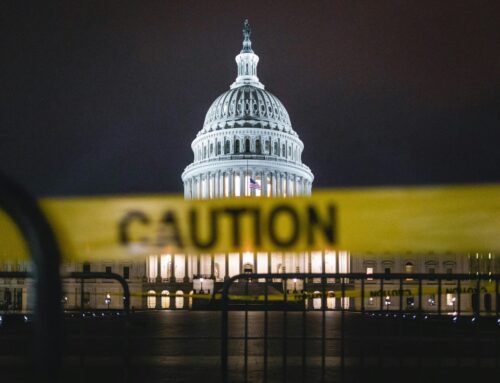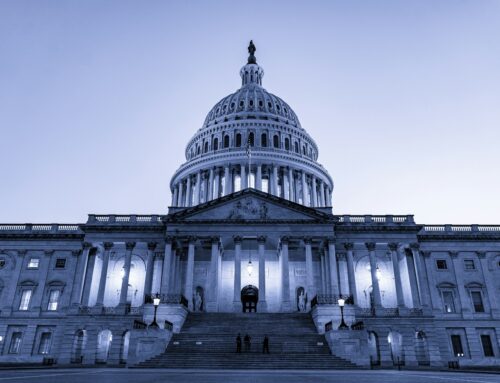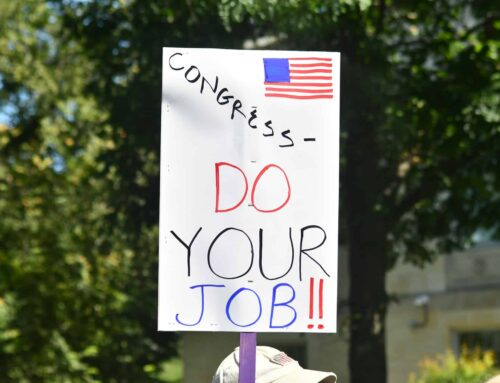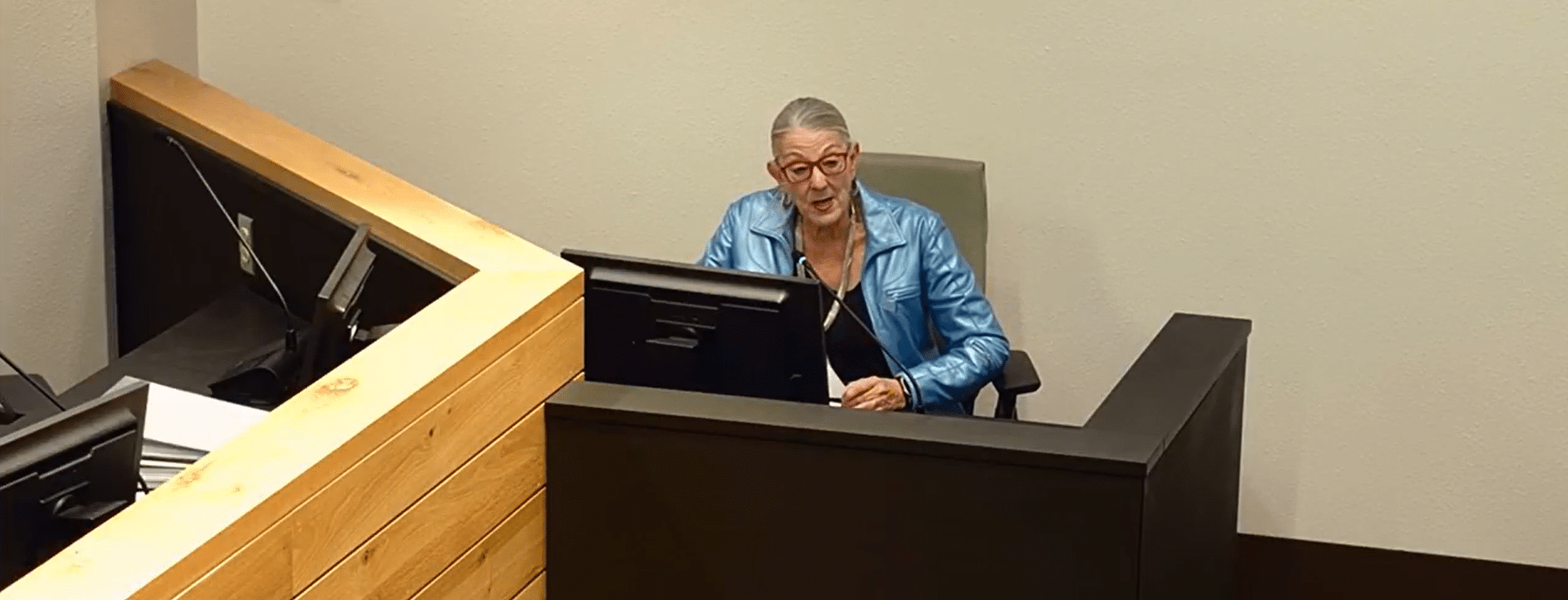In a return to one of his most controversial bureaucratic experiments, President Trump has moved swiftly to reimpose Schedule F, the policy he introduced in 2020 to reclassify tens of thousands of civil servants as effectively political appointees. This time, it's not theoretical.
Following up on an day-one executive order, the Office of Personnel Management (OPM) recently proposed regulations that would formalize the change and allow for sweeping reclassifications—impacting an estimated 50,000 federal workers, according to the agency's own figures. The resulting personnel churn will be costly for taxpayers and disruptive for agencies.
Last week, we explained our opposition to the move in comments on OPM's misleadingly titled proposed rule, "Improving Performance, Accountability, and Responsiveness in the Civil Service." The administration should pursue meaningful reforms that strengthen the accountability, performance and integrity of the federal workforce. Instead, this move purports to restore "accountability" in the civil service by allowing the president to dismiss these reclassified employees who are simply doing their jobs. The rule's structure—and its execution—suggest a means of consolidating political control over what has long been a professional and nonpartisan federal workforce. Agencies like the National Oceanic and Atmospheric Administration (NOAA) have already begun issuing notices to staff, sometimes encouraging those affected to consider early retirement or severance. Lists submitted to the Commerce Department reportedly include not just senior officials but also administrative staff and technical specialists.
The implications are enormous. If interpreted broadly, the policy could sweep in tens of thousands of career employees whose work involves any policy connection, however indirect. And the mechanism for reclassification is both swift and opaque—agencies submit names, departmental counsel reviews them, and the White House has the final say.
Even more troubling, the administration has offered no fiscal analysis of the proposal. This rule could reclassify tens of thousands of employees and disrupt entire agencies, yet there is no estimate of implementation costs, no analysis of turnover impacts, and no projection of how the resulting churn would affect operations or contract oversight. Recruiting, vetting, and onboarding new staff en masse—especially in technical and regulatory roles—is not only disruptive, it's expensive. And these costly and disruptive firings and hirings could become routine as policies and administrations change. Taxpayers are being asked to fund a politically motivated overhaul with no transparency about its price tag.
This is not benign housecleaning. And the bluntness of the tool undermines its own justification. Congressional intent under the Civil Service Reform Act of 1978 aimed to build a merit-based, politically neutral federal workforce in response to abuses under President Richard Nixon.
Civil service protections were never about protecting incompetence. They were designed to preserve institutional memory and insulate government functions from the political churn of successive administrations. Without that institutional memory, civil servants will be forced to reinvent the proverbial wheel with every new administration. To be sure, poor performers exist in government, as in any workforce. But Schedule F doesn't target underperformance; it targets disloyalty, or more precisely, perceived disloyalty to the president.
What's more, the administration's effort blurs the line between career and political roles. While OPM insists that Schedule Policy/Career positions remain nonpartisan and are not subject to White House personnel vetting, the policy's own language states that failure to "faithfully implement" administration priorities is grounds for dismissal. It's not a stretch to imagine such wording being used to punish dissent or suppress critical expertise—particularly in areas like science, law enforcement, or environmental regulation, where facts can run afoul of politics.
This echoes a darker bygone tradition in American government: the spoils system. That system was rightly dismantled in the late 19th century after President James Garfield was assassinated by a disgruntled office-seeker. What eventually followed was a civil service designed to ensure that public servants answer to the law and the Constitution—not to partisan loyalty tests.
The rule also quietly guts internal safeguards by stripping reclassified employees of the right to appeal wrongful dismissals—including those tied to whistleblower activity. While political affiliation is nominally off-limits as a basis for firing, removing due process leaves whistleblowers defenseless. Career civil servants are often the first to flag wasteful contracts, legal violations, or failed implementation. Silencing them not only erodes accountability—it directly increases fiscal risk.
For taxpayers, the consequences are not abstract. A politically vulnerable civil service is more prone to corruption, more likely to turnover talent, and less able to provide consistent oversight of federal spending. The short-sighted political expediency of loyalty-driven governance belies long-term waste, inefficiency, and mistrust in government institutions.
The return of Schedule F—rebranded but not reformed—is not fiscal reform. It is wasteful politicking disguised as personnel policy. Congress should intervene, the courts should scrutinize it, and public watchdogs must call it what it is.










